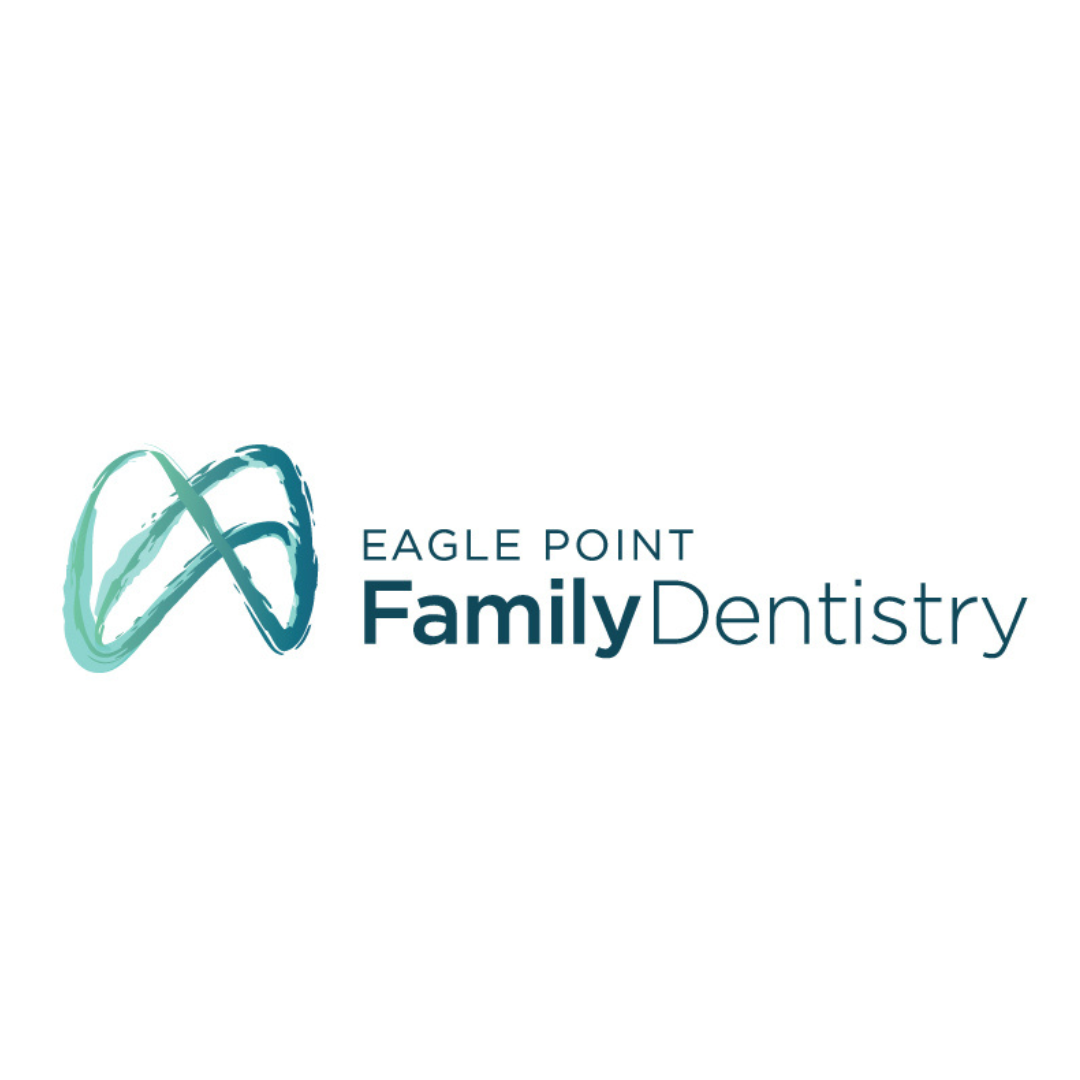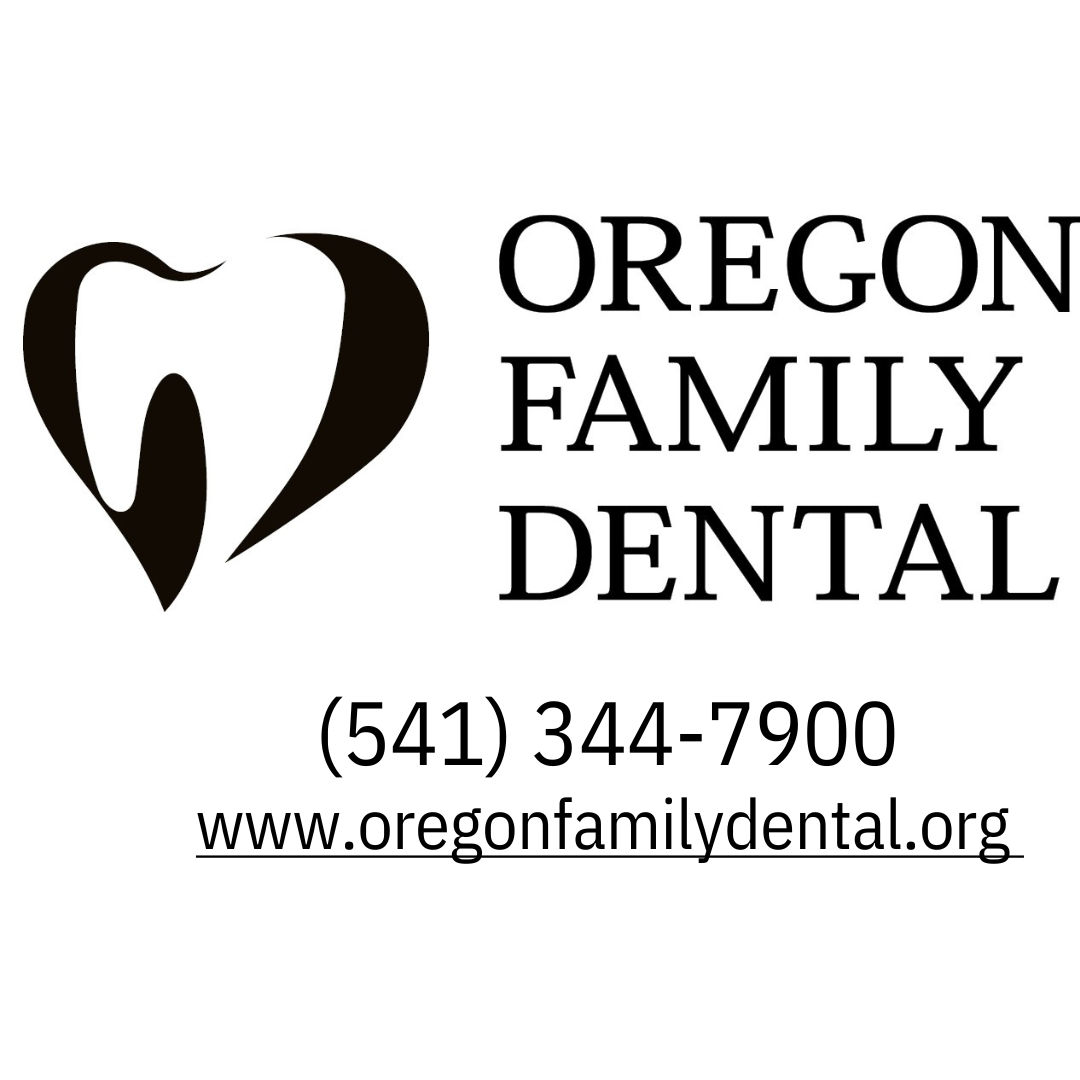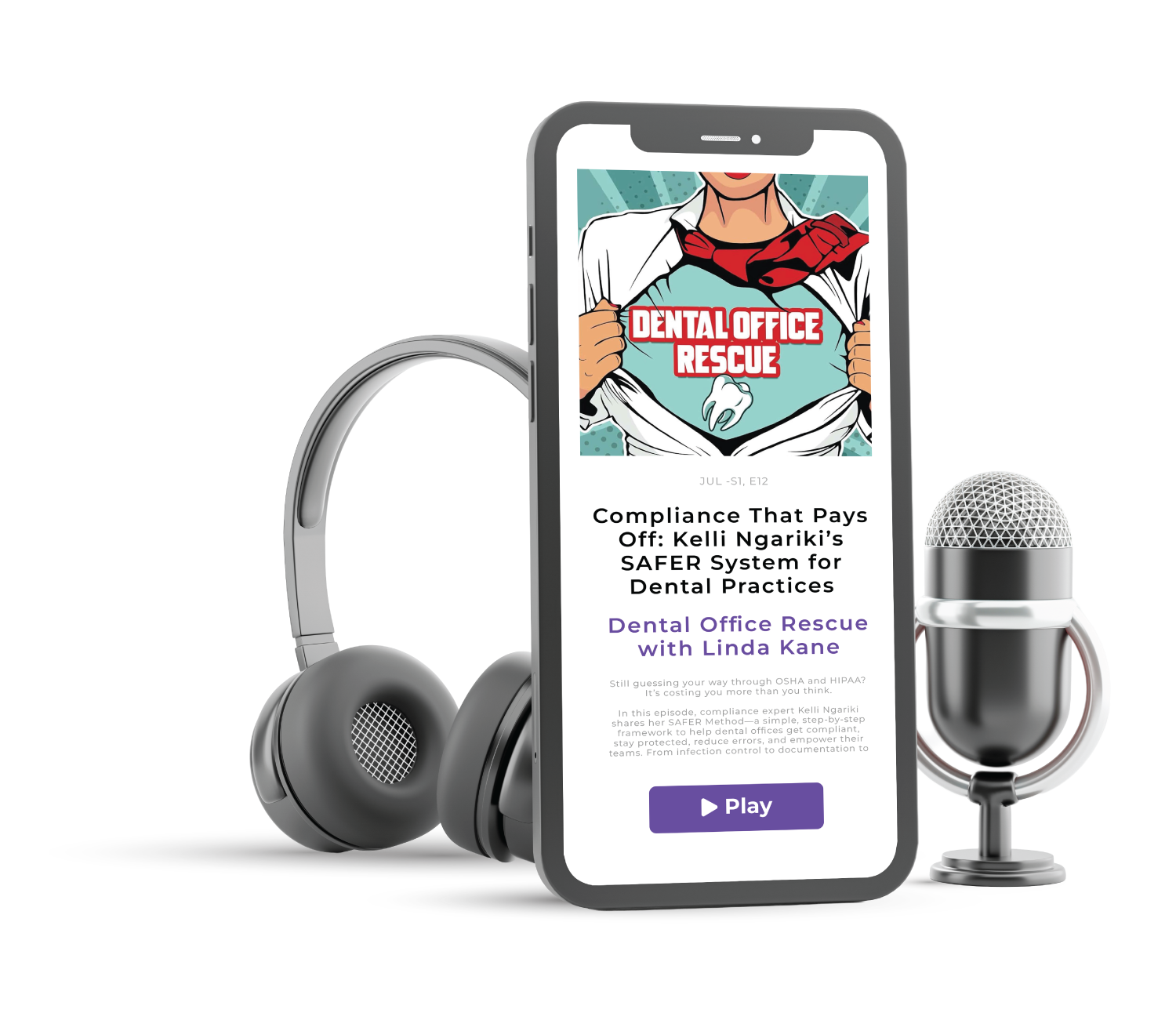Oregon-Specific Training & Expert Support
Trusted by 300+ Oregon Dental Practices to Stay Compliant, Confident, and Audit-Ready Year-Round
We Have a Program that Works!
Our OSHA & HIPAA Compliance Programs ensure that Oregon dental practices are confident during inspections and throughout the year. Here's why practice owners choose HCA over national competitors:
With Healthcare COMPLIANCE Associates!
Ensure the success of your Compliance Program!
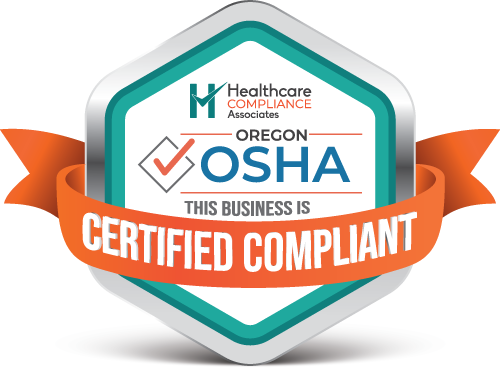
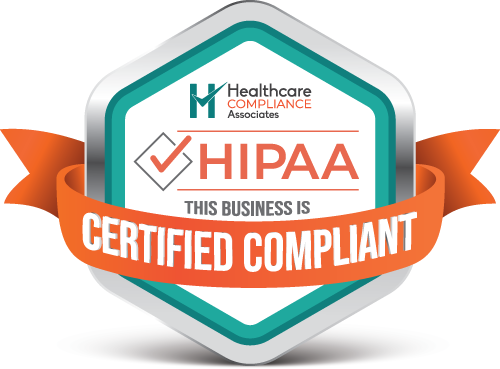
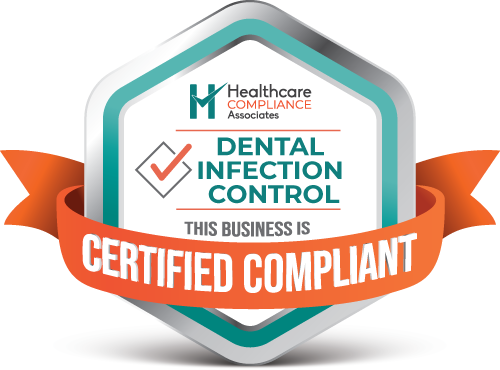
OSHA Health Inspectors say...
“Healthcare practices that use a compliance consultant, such as Healthcare Compliance Associates, are far less likely to receive citations, fines or complaints.”
We have a Program that Works!
Our OSHA & HIPAA Compliance Certification Programs ensure that healthcare facilities are confident during inspections and throughout the year. Employers and employees appreciate having:
Experts to call when questions arise
Our proven strategies eliminate any uncertainty about your OSHA compliance.
Why Healthcare Professionals LOVE HCA:
Why Oregon Dental Practices Choose HCA Over National Competitors
Competitor categories represent typical offerings. Specific features vary by provider. Information current as of December 2025.
| Category | Healthcare Compliance Associates | DIY Documentation Kits | Online Training Only | Software Platforms |
|---|---|---|---|---|
| Oregon Expertise | ||||
| Oregon-Specific Training Content | ✓ OR-OSHA Requirements | ✗ Generic Federal Only | ✗ Often Generic Federal Only | ✗ Generic Federal Only |
| Local Market Knowledge | ✓ 300+ Oregon Dental Clients | ✗ National/Generic | ✗ National/Generic | ✗ National/Generic |
| Oregon Dental Specialization | ✓ 20+ Years in Oregon | ⭕️ May Have Dental Content | ⭕️ May Have Dental Content | ⭕️ Healthcare Focus |
| Support & Access | ||||
| Local On-Site Consultants | ✓ Oregon-Based Team | ✗ Phone Support Only | ✗ Self-Serve | ✗ Remote Coaching |
| Local Expert Access When Needed | ✓ Local Consultants | ✗ Cannot Meet This | ✗ No Support | ⭕️ Video Coaching Only |
| Priority OSHA Inspection Support | ✓ Priority Support Within Hours | ⭕️ Phone Guidance | ✗ None | ✗ Phone Only |
| Dedicated Oregon Account Manager | ✓ Personal Relationship | ⭕️ Your 'Voluntold' Compliance Officer | ✗ None | ⭕️ Digital Support |
| Implementation & Service | ||||
| Hands-On Implementation Support | ✓ We Do It With You | ⭕️ DIY with Phone Help | ✗ DIY Only | ⭕️ Self-Implement in Software |
| Annual Service Relationship | ✓ Ongoing Partnership | ✗ One-Time Purchase | ✗ Course Purchase | ✗ Subscription Model |
| Complete Compliance Solution | ✓ Training + Documentation + Support | ⭕️ Documentation + Templates | ✗ Training Certificates Only | ✓ Software + Remote Coaching |
| Hybrid Delivery (On-Site or Online or Both) | ✓ Customized for Practice | ✗ Materials Only | ✗ Online Only | ✗ Software Only |
| Custom Dental Practice Templates | ✓ Oregon Dental-Specific | ⭕️ Generic Templates | ✗ None | ⭕️ Generic Healthcare |
| Compliance Coverage | ||||
| OSHA Training | ✓ Complete | ✓ Templates Provided | ✓ Training Only | ✓ Software Modules |
| HIPAA Training | ✓ Complete | ✓ Templates Provided | ✓ Training Only | ✓ Software Modules |
| Dental Infection Control | ✓ Complete | ✓ Templates Provided | ~ Varies | ✓ Software Modules |
| Walk Through Inspections & Recommendations | ✓ On-site | ⭕️ If you remember and make a list | ✗ Not Included | ✗ Not Included |
| Policy & Procedure Manuals | ✓ Customizable Hard copy and Digital + Updates | ⭕️ Incomplete Checklists | ✗ Not Included | ✓ Template Library |
| Ongoing Regulatory Updates | ✓ Oregon-Specific Alerts at Least Monthly | ⭕️ Annual Updates | ✗ Must Repurchase | ✓ Platform Updates |
| Risk Management | ||||
| OSHA Compliance Guarantee | ✓ Yes - Unique to HCA | ✗ No Guarantee | ✗ No Guarantee | ✗ No Guarantee |
| Mock OSHA Inspections | ✓ On-Site Available | ✗ Not Available | ✗ Not Available | ✗ Not Available |
| Practice-Specific Risk Assessment | ✓ Free 20-Min Review | ✗ DIY Only | ✗ Not Included | ⭕️ Software Assessment |
| Emergency Compliance Support | ✓ Call Anytime | ⭕️ Business Hours Phone | ✗ None | ⭕️ Ticket System |
| PRICING & VALUE | ||||
| Pricing Model | 3 Annual Service Packages Online & Onsite Options |
One-Time Purchase + Updates | Per-Person Course Fees | Monthly Subscription + Per-Employee |
| What's Included | Everything Above + Implementation Support + Ongoing Expert Consultation | Templates + 4 Years Updates | Training Certificates | Software + Remote Coaching |
| Implementation Support | ✓ Full Service | ✗ DIY | ✗ DIY | ⭕️ Self-Implement |
| Expert Consultation | ✓ Unlimited | ⭕️ Limited Tech Support | ✗ None | ⭕️ Scheduled Coaching |
Oregon's Compliance Experts for Dental Practices.
Every Box Checked. Every Question Answered.
Watch this quick 30-second video to see what we can do for you.
Can you check all these boxes?
Trusted Compliance Support for Oregon Dental Practices
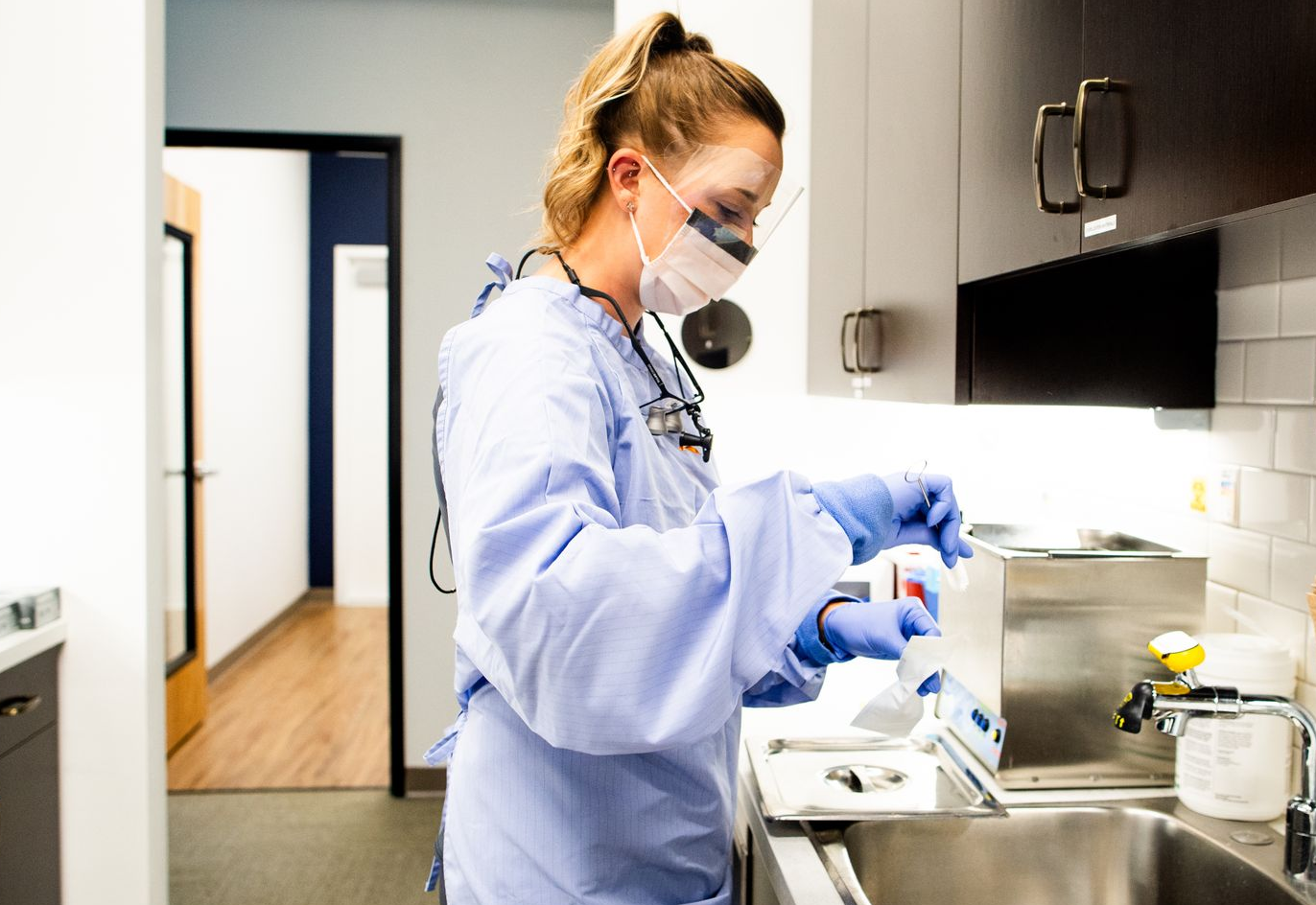

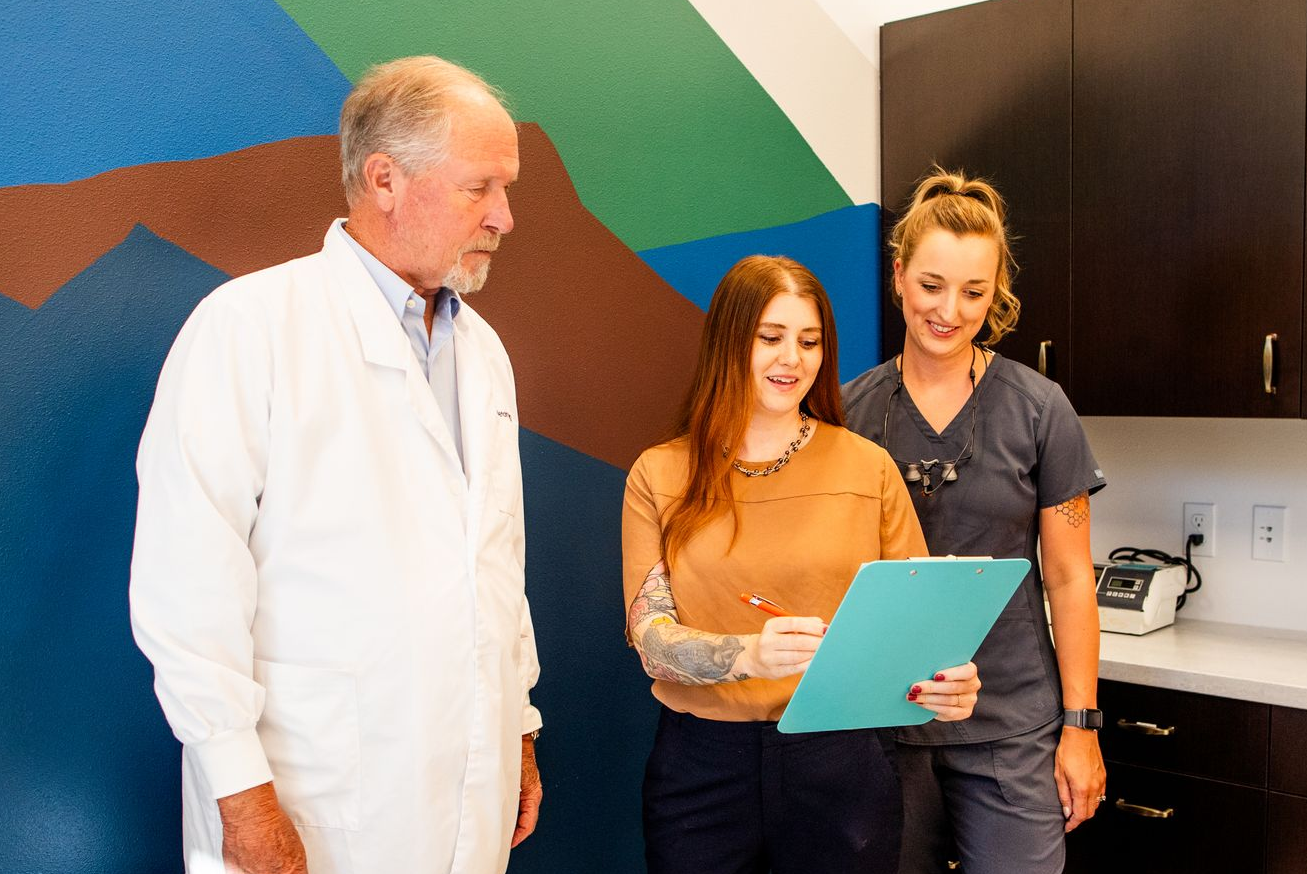
If you're a dental practice owner or office manager in Oregon— especially if you're new to practice ownership /management—staying compliant with OSHA and HIPAA can feel overwhelming. You're juggling patient care, staff management, and business operations. Compliance shouldn't add to your stress.
Why 300+ Oregon dental practices trust HCA:
You focus on your patients. We'll handle your compliance—with ongoing support, updates, and proactive, expert guidance every step of the way.
At Healthcare Compliance Associates, we live and breathe compliance, so you don't have to:
With Healthcare Compliance Associates’ program, your office staff can be compliant in around 4 hours with continued support year-round. This program can cost less than $5 per day, depending on the size of your organization.
For easy, accelerated healthcare compliance training, contact Healthcare Compliance Associates today! We are here to make the transition to better practices pain-free.
Learn how compliance can be simple and pain-free:
Specializing in Oregon Private Dental Practices
OUR PARTNERS:
Train When YOU Want!
We are happy to come to your site for training, but we know it’s hard to shut down your entire clinic or get everyone on-site at once. We’ve got you covered!
Use our hybrid model: some staff take live training and others take online training. Or, everyone train online anytime, anywhere, on any device!
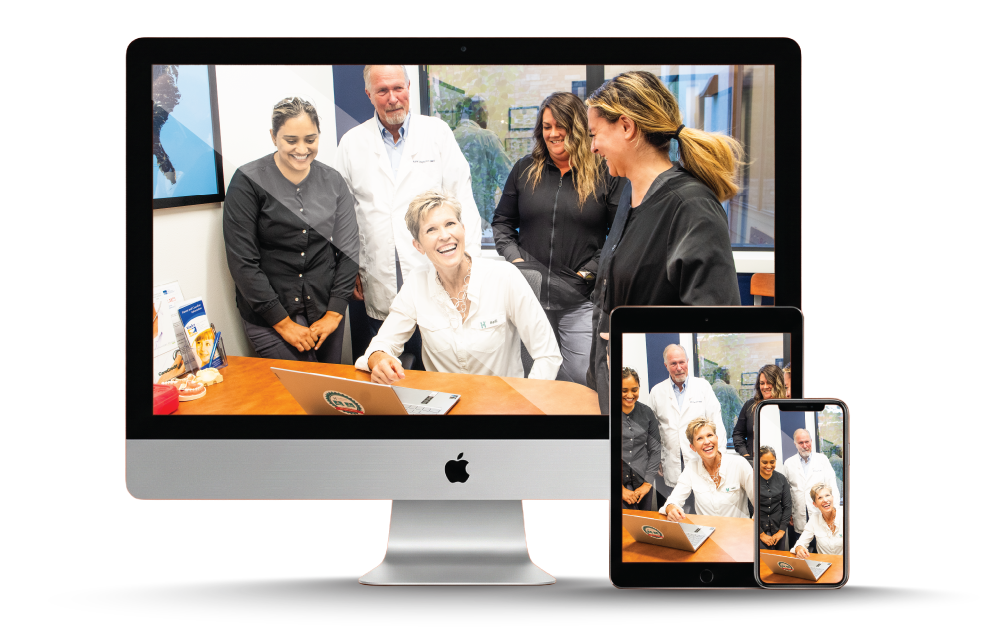

Good Dentist
Poor Dentist
Are You Exposing Your Business to Costly Fines, Liability Risks, and Inefficiencies?
If you don’t:
Then you are, but you don’t have to be. Check out the NEW Good Dentist Poor Dentist book by our very own Kelli Ngariki!
Podcast Feature:
Still guessing your way through OSHA and HIPAA? It’s costing you more than you think.
In this episode, compliance expert Kelli Ngariki shares her SAFER Method—a simple, step-by-step framework to help dental offices get compliant, stay protected, reduce errors, and empower their teams. From infection control to documentation to delegation, this conversation will show you how to make compliance work for you (not against you).
You’ll learn:
With her background in education, operations, and compliance law, Kelli brings a practical, empowering approach that makes compliance feel doable—and worth it.
Listen NOW:
Frequently Asked Questions
FOR NEW PRACTICE OWNERS
I just bought/opened a dental practice in Oregon. Where do I start?
BOOK A DISCOVERY CALLCongratulations! Here's your first-30-day compliance checklist.
How is Oregon compliance different from other states?
Oregon has specific OR-OSHA requirements. National programs provide generic federal guidance. That's why 300+ Oregon practices choose local experts.
Do I really need a consultant or can I DIY?
You can DIY—but here’s what that really involves:
researching ever-changing OSHA, HIPAA, and infection control regulations, creating and tracking staff training, writing and maintaining compliance plans, keeping documentation inspection-ready, and making sure nothing gets missed. Most find our $5/day program saves 20+ hours, along with headaches, stress, and potential violation fines.
COMMON FAQS
What do I do if OSHA informs us of a complaint filed against our office?
CALL NOWContact us ASAP. We are fully equipped to guide and support you in crafting a comprehensive response.
How can we eliminate or minimize OSHA or HIPAA fines?
The best defense against fines and citations is prevention. Both OSHA and HIPAA require staff to be trained in the first 10 days of being hired and annually thereafter. Both also require policies and procedures to minimize hazards and risks. And of course, you must stay up on all current updates and rule changes.
Don’t stress, we got you! You’re the experts in healthcare, we’re the experts in compliance. Give us a call.
I am a current client, what is the login URL?








